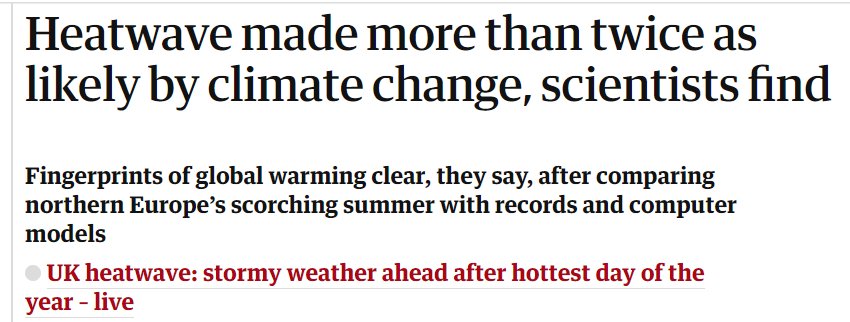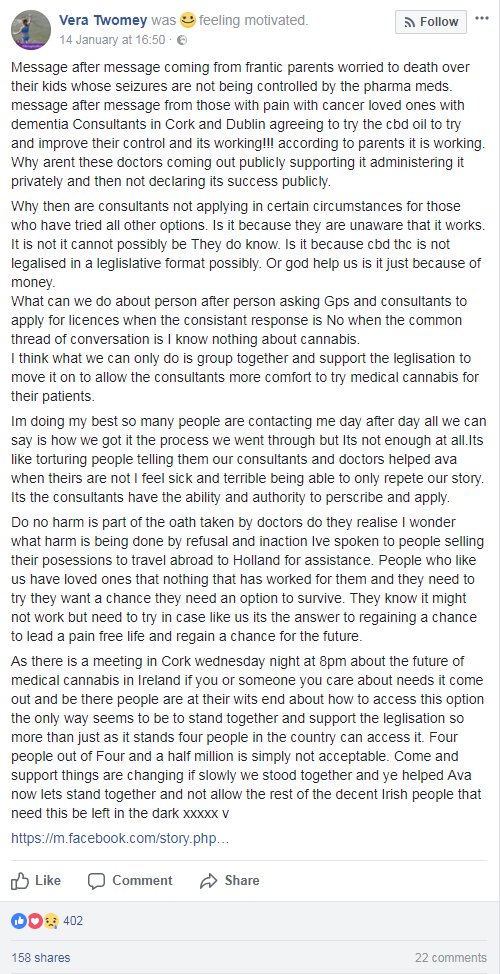Short thread on #CervicalCheck (CC) - there's an abundance of emotive misinformation doing the rounds that needs to be challenged. There's an ugly story here of a disconnect between evidence, politics, and law. It's confusing but important to understand. So, let's delve (1/n)
...I wrote an explainer on this for the @IrishTimes way back in May, and while the facts haven't hugely changed since then, the rhetoric has. Firstly, CC saves lives. It has pushed down the national rate of cervical cancer, and as a screening programme has been a success (2/n) 

..but it's EXTREMELY important to understand a screening test is NOT a diagnostic test. CC is not a diagnostic for cancer - it's a wide-net that looks for indicators in healthy people that might indicate an increased cancer risk in he future. It is *not* a cancer test. (3/n)
..w/ screening, one casts a wide-net, hopefully catching some cases early. As it's not a diagnostic, you will miss a lot too (false negatives) and sometimes catch things that look worrying that are not (false positives). On AVERAGE, for POPULATIONS, it reduces cases (4/n)
..It's crucial to understanding the difference between screening and diagnostic tests. Importantly, screening benefit a population on average. That does not mean it will benefit everyone who is screened. Many will get false positives or negatives. (5/n) 
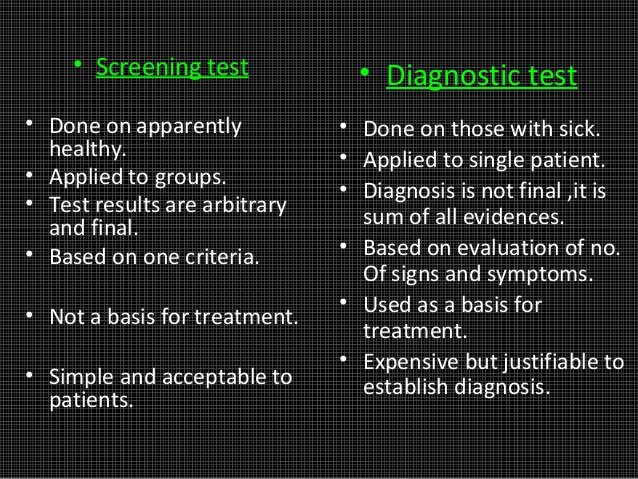
..the important thing is despite these false positives / negatives, the test is still a net benefit to women, as we've seen. Do these false results indicate negligence? Not usually, no - they are sadly unavoidable. Why so? The reason is mathematical... (6/n)
..without getting into too much detail here, a screening test is a series of conditionals that have to be weighed together is a mathematical framework called Bayes' theorem. The result is that in screening, false +/- s are unavoidable, even with 'perfect' procedures (7/n) 
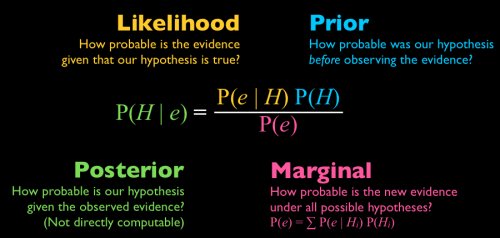
..can we just give more tests, or change our thresholds? No, because that results in a situation called over-screening, which is considered unethical and harmful. Wikipedia has a nice simple explainer on it (below) , but essential to note overscreening nullifies benefit (8/n) 

..while much of the public conversation has been about false negatives, false positives are something we strive to avoid, as they are actively harmful. This, from the BMJ following a similar thing in the UK many years ago expresses the false positive risk well (9/n) 

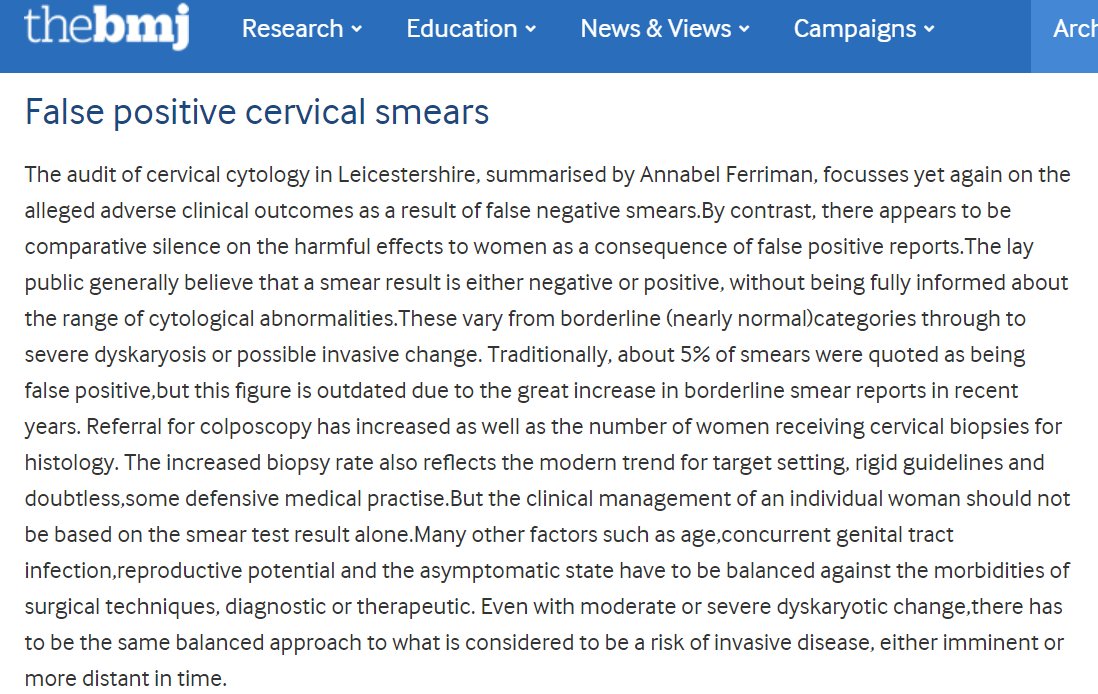

..now, if we accept false +/- s are unavoidable (as @ciarakellydoc and @susmitchellSBP have stated eloquently several times) then it is virtually certain that some people will get cervical cancer with a 'clear' smear. And indeed, this happens as screening is a wide-net (10/n)
..what happens in Ireland is an audit is then performed. If you are DIAGNOSED with cervical cancer (a different test entirely) then your previous smear results are inspected to see if there might have been anything suspect on them in hindsight. This is a sensible thing (11/n)
..and sometimes, with benefit of hindsight (this is important), there might be cells which could with this new knowledge be reclassified as suspect that weren't initially. In Ireland (uniquely), when this happens, women are informed by default - or should be at least. (12/n)
..in Irish case, some of these audit results were delayed & poorly handled getting to the patients and their families. But absolutely crucially, this communications failure did not mean (a) tests were negligent (b) women were delayed diagnosis. They already WERE diagnosed (13/n)
..this is pretty much where we were at in May, when I wrote about it for the @IrishTimes and while the facts haven't changed, the rhetoric certainly has become harsher (14.n) irishtimes.com/opinion/confus…
..it is absolutely possible (though for several reasons unlikely) that testing labs were negligent. Ockham's razor suggests otherwise, but Scally investigation will ultimately check this in depth. But solicitors and politicans are speaking with a certainty they can't have (15/n)
..there has been an absolute failure in political leadership here. When concerns broke, @campaignforleo failed miserably to affirm the programme whilst easing fears. Instead, people like Tony O'Brien (and medical community) were scapegoated, and blame came before evidence (16/n)
...really @colettebrowne expresses it really well in her recent piece here. All the government's action has done is attribute blame without evidence for it, and potentially undermine the screening programme (17/n)
https://twitter.com/colettebrowne/status/1024324571435073537
..from numerous conversations I've had that the Irish medical and scientific community are incredibly upset and angry over this, and cancer organisations are worried this will ultimately destory the cervical screening programme. And they have good cause to be (18/n)
..a mantra of blame by government (and indeed, opposition) where there is still no evidence that screening was subpar has been extremely damaging to public perception. Forcing payouts without any investigation might have been politically expedient, but deeply shortsighted (19/n)
..and it hasn't been helped by terrible coverage (with certain honourable exceptions). One solictor involved in the case even managed to get headlines over a claim he'd proof of negligence, despite his assertion being supremely suspect and his paycheque dependent on it. (20/n)
..bottom line? Screening saves lives, and only Scally report will be able to say whether something was wrong the the process. Until then, all else is noise. It's easier to be outraged than reflective, but if we want to keep a life-saving programme, then we must be latter (21/21)
• • •
Missing some Tweet in this thread? You can try to
force a refresh




